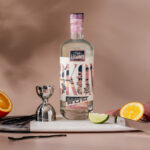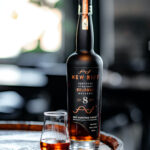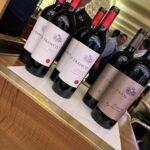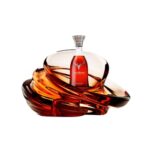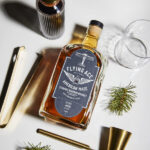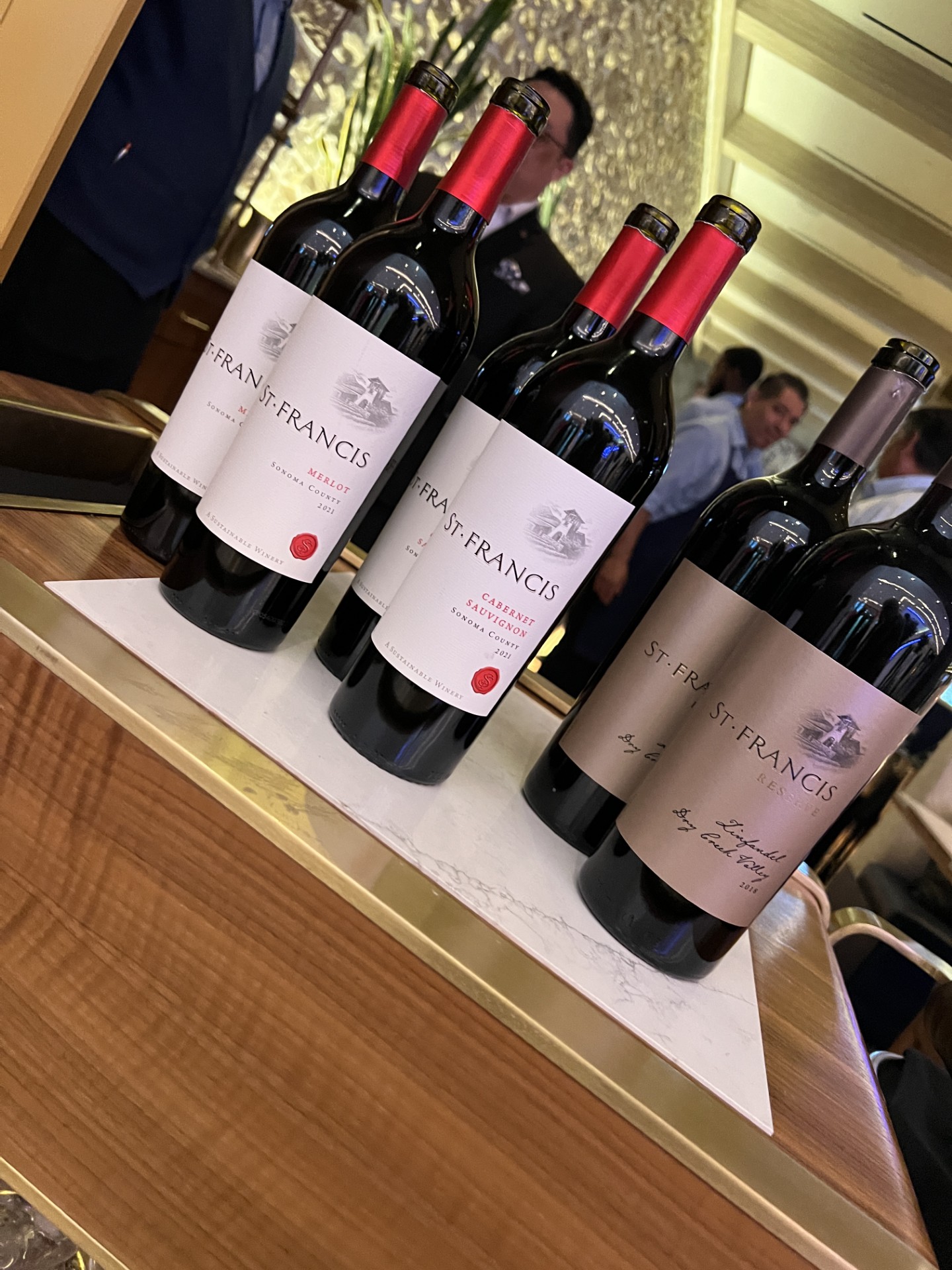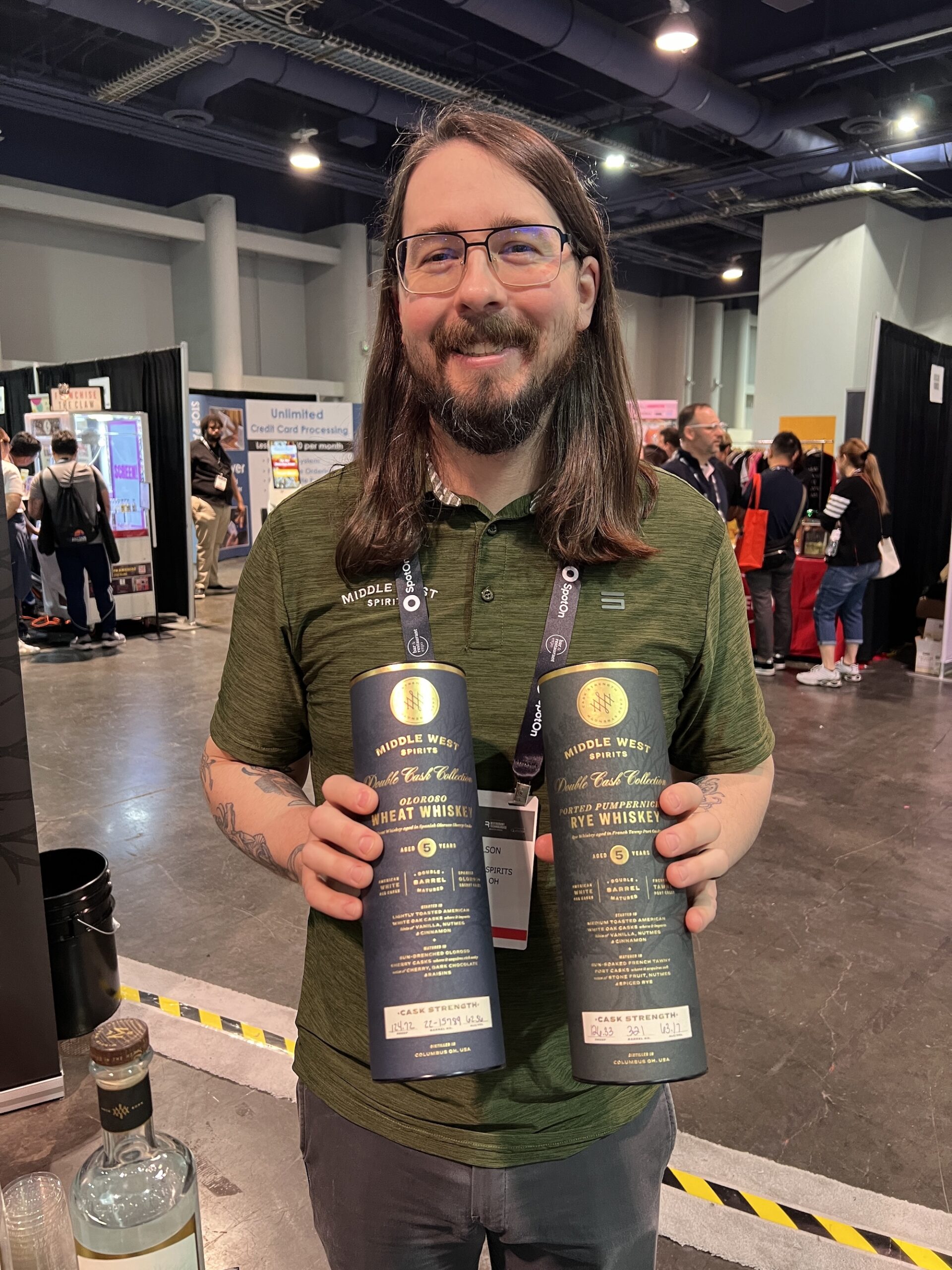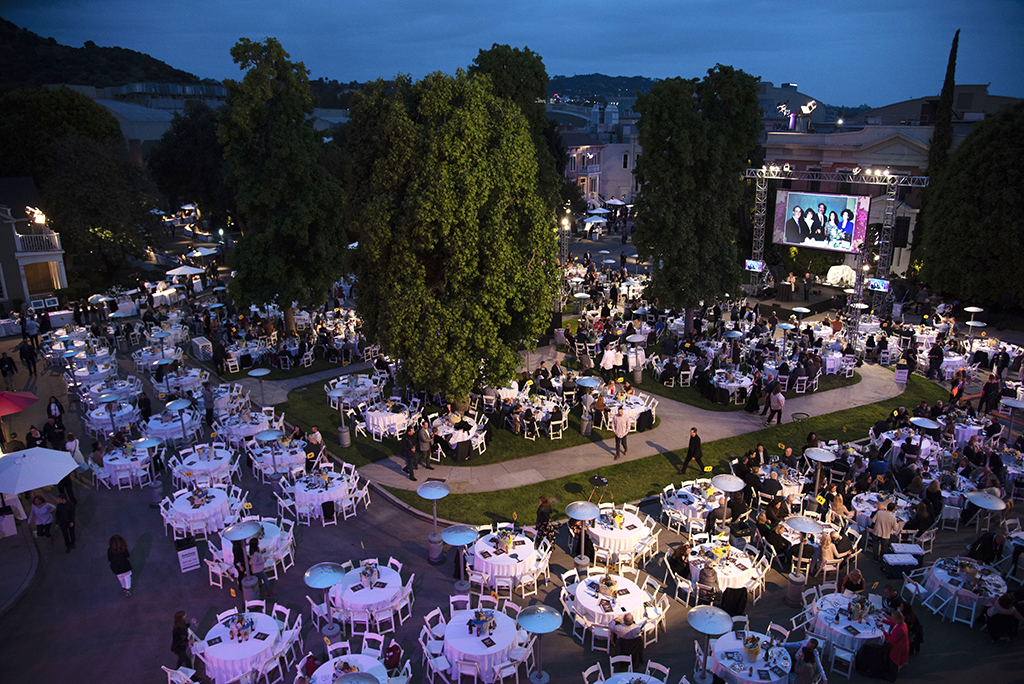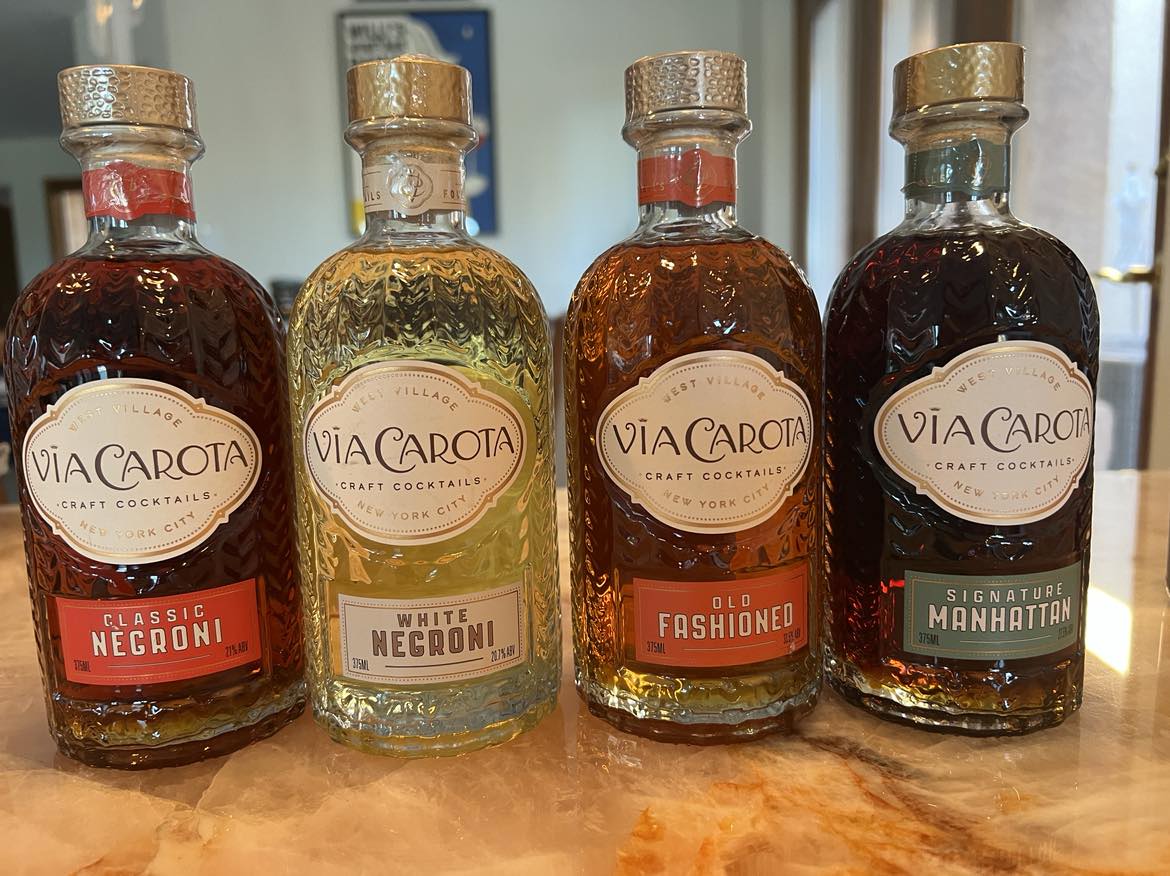International-renowned sommelier, Noel Shu, provides in-depth look at the modern Chinese wine
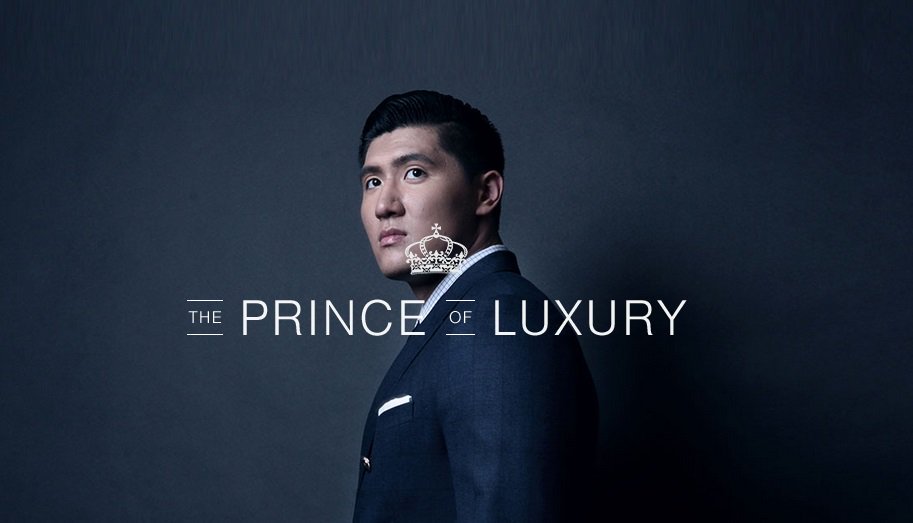 I can’t recall the last time I tried wine from China, possibly at the LA Wine Fest. So here I had an opportunity for a virtual taste and a cultural lesson all in one after reading Shu’s book, “China, Through a Glass of Wine.
I can’t recall the last time I tried wine from China, possibly at the LA Wine Fest. So here I had an opportunity for a virtual taste and a cultural lesson all in one after reading Shu’s book, “China, Through a Glass of Wine.
” These are my takeaways:
- It’s currently difficult to find Chinese wine in the U.S.
- Shu believes China could produce the next Yellow Tail, a commonly known large-production wine from Australia.
- The term “tuaho” refers to a greedy person, and one that shows off their wealth, much frowned upon now in China. Days of drinking Bordeaux as a status symbol may be over.
- Chinese is “embracing certain elements of globalization” and wine consumption is expected to grow.
- Though white wine is more Chinese cuisine friendly, and Chinese polls show it more popular 2 to 1 to red, most Chinese gravitate toward red wine. Additionally the color red in itself has many positive cultural ties in China.
- Chinese wine production dates back 4,600 years. The Changyu Winery began production in 1892.
online pharmacy neurontin no prescription pharmacy
But winemaking is still in its “infancy” with the wines garnering varying reviews.
- The Ningxia region has many of the “amenities” of the Napa Valley and other upscale wine regions with great tourism.
- Some colder climates in China are making ice wines. The common “traditional forms of wine” being consumed are plum wine and rice wine. Marselan – a red French grape between a Cabernet Sauvignon and Grenache according to Wikipedia – is now being planted.
- Wine bars are grand and popping up with greater frequency.
- Most demand for wine in China is being filled by imports, most notably Bordeaux, France. These French wines were first introduced via Catholicism that was brought into China.
- In Napa the Chinese are not just buying the wine, they are also buying up the vineyards.
- In 2011 both Domaines de Rothschild and Moet Hennessy began production in China.
- The benefits of red wine were touted by the Communist leaders as healthy, while a negative connotation had been added to those that prefer spirits – as the grain to make spirits better serves the community better as food. Companies that were distilling spirits now ferment grapes.
online pharmacy propecia no prescription pharmacy
- Shu writes that “there is a deep-rooted fear in France that China, with its teeming population and endless territory, could one day outperform and take over the French wine industry.” (Not thinking this will be happening in my lifetime.)
Obviously there are cultural differences that need to be studied and tactfully executed for anyone interested in distributing wine into China. Things to be aware of include social media, having your “boots on the ground” actually in China to sell there, the language and the costs of entertaining clients. Shu spends quite a bit of time explaining the nuances involved, and the importance of respecting them.
Most of the remainder of the book is dedicated to all of the fake wine that has really taken over in China: Shu writes that for every one bottle that’s real there is one that is a fake. Shu quotes from wine writer Maureen Downey on several of her most laughable finds including wines that have blank corks, ill-sized corks, recycle symbols before 1951, mistakes in spelling on the label, etc.
The book closes on three chateaux to visit: Hansen, near Mongolia, that produces 70 different wines; Helan Oingxye as a boutique winery with an up and coming winemaker; and Changyu Moser XV for its grandeur.
My conclusion: if you are a student of wine or a distributor this book is for you. I enjoyed adding a little Chinese cuisine, via wine, to my diet.
About the Noel Shu
Internationally-regarded sommelier Noel Shu, Managing Partner for the ultra-luxe, award-winning wine and spirits purveyor Prodiguer Brands, is a 24-year-old self-made millionaire, entrepreneur and author of the newly released title, “China Through a Glass of Wine.” With impeccable panache and style, Shu, has already accomplished more than many do in an entire lifetime. He earned his undergraduate at West Point, completed the U.S. Army’s elite and grueling Combat Diver Qualification Course at the Special Forces Underwater Operations School (regarded by many Soldiers as the toughest military school to endure), and has personally designed and sold extraordinary multi-million dollar timepieces and necklaces to China’s elite through his ancillary, highly successful luxury jewelry business. Always striving to for growth and self-improvement and with a reverence for continuing education, despite his busy schedule Shu is currently pursuing an Ivy League Master’s degree at Columbia University. As a globally-minded business practitioner, Shu understands commerce on both sides of the Pacific and brings that expertise to bear with his various ventures, including the highly anticipated upcoming release of “Regale”—an exclusive wine brand expressly developed for the Chinese marketplace, which will be exported to the region in early 2016. For more information about Noel Shu, visit www.prodiguerbrands.com.
Eve Bushman has a Level Two Intermediate Certification from the Wine and Spirits Education Trust, a “certification in first globally-recognized course” as an American Wine Specialist ® from the North American Sommelier Association (NASA), was the subject of a 60-minute Wine Immersion video, authored “Wine Etiquette for Everyone” and has served as a judge for the Long Beach Grand Cru. You can email Eve@EveWine101.com to ask a question about wine or spirits.
